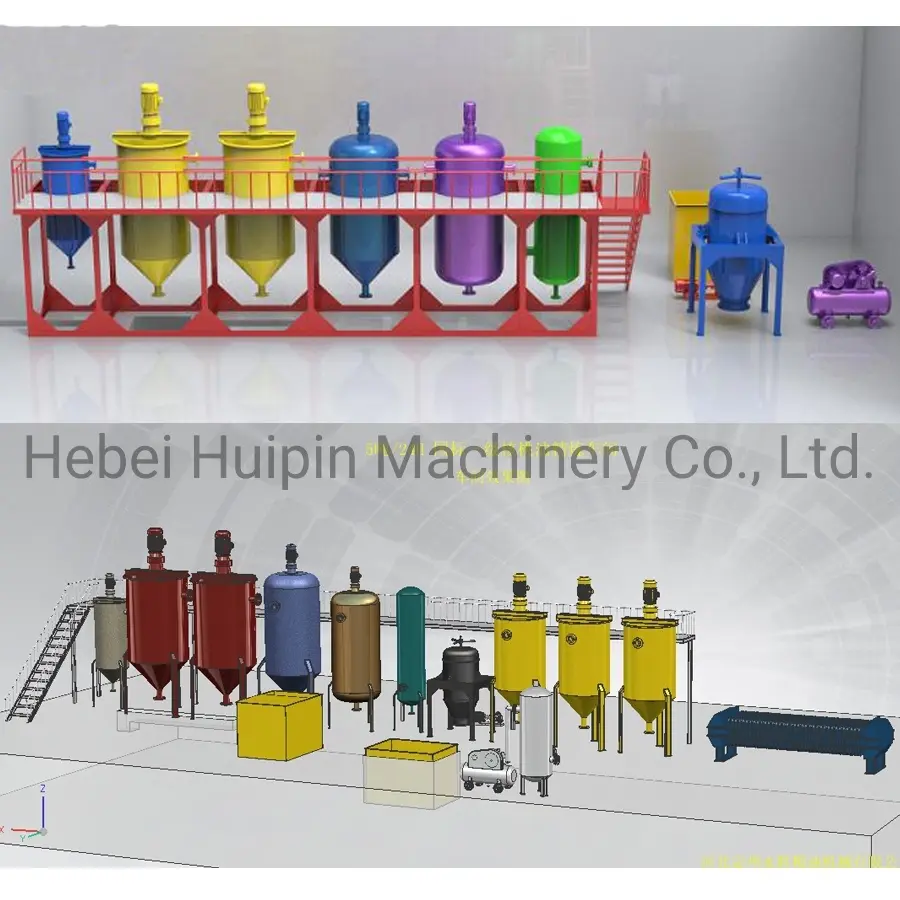Dec . 13, 2024 12:02 Back to list
vegetable oil refinery products
Understanding Vegetable Oil Refinery Products An Overview
Vegetable oils play a vital role in our daily lives, not only as essential cooking ingredients but also as components in various industrial applications. The process of refining these oils is crucial to enhance their quality, stability, and shelf life. In this article, we delve into vegetable oil refinery products, their significance, processes, and various applications.
The Importance of Vegetable Oil Refining
Vegetable oils, derived from seeds, nuts, and fruits, contain a mixture of triglycerides, fatty acids, and other compounds. While crude vegetable oils possess various beneficial properties, they often contain impurities such as free fatty acids, phospholipids, waxes, colors, and odors. These impurities can negatively impact the oil's flavor, appearance, and usability. Thus, refining is necessary to produce high-quality oil suitable for consumer consumption and industrial processes.
Key Processes in Vegetable Oil Refining
Vegetable oil refining encompasses several steps, each designed to remove specific impurities from crude oil. The main processes involved are
1. Degumming This initial step removes phospholipids and other water-soluble impurities. By treating the oil with water or acid, these gums are hydrated and separated from the oil.
2. Neutralization In this process, free fatty acids are neutralized using an alkali solution, resulting in the formation of soap that can be separated from the oil. This step significantly reduces the acidity of the oil, enhancing its flavor and stability.
3. Bleaching The bleaching process involves the removal of color pigments and remaining impurities using adsorbents such as activated bentonite or activated carbon. This step also helps in deodorizing the oil, resulting in a lighter color and a more neutral flavor.
4. Deodorization In this final step, the oil is subjected to steam distillation under vacuum conditions. This process removes volatile compounds that contribute to undesirable odors and flavors, ensuring the oil has a clean, pleasant taste.
5. Winterization (Optional) Some oils, such as olive oil, undergo winterization to remove waxes that may cause cloudiness when the oil is chilled. This process involves cooling the oil and filtering out the solidified waxes.
Products of Vegetable Oil Refining
vegetable oil refinery products

Once the refining process is complete, several high-quality products can be derived from vegetable oils
1. Refined Cooking Oils These oils are used widely in households and food industries for frying, baking, and dressing. Common refined oils include soybean, canola, sunflower, and corn oil.
2. Glycerin A byproduct of the soap-making process during neutralization, glycerin is a valuable ingredient in the cosmetics, pharmaceutical, and food industries.
3. Fatty Acids Following neutralization, the free fatty acids can be separated and used in the production of soaps, detergents, and surfactants.
4. Fatty Alcohols Obtained from the hydrogenation of fatty acids, fatty alcohols are used in cosmetics, detergents, and as emulsifiers.
5. Margarine and Shortening Through further processing, refined vegetable oils can be transformed into margarine and shortening, which are popular substitutes for butter in baking and cooking.
6. Biodiesel With the growing demand for renewable energy sources, refined vegetable oils can be utilized to produce biodiesel, a sustainable alternative to fossil fuels.
Applications of Refined Vegetable Oils
The applications of vegetable oil refinery products extend beyond culinary uses. The versatility of refined oils makes them integral in various sectors, including
- Food Industry Refined oils are essential in food preparation, packaging, and preservation. - Cosmetics and Personal Care Refined oils are common ingredients in skin and hair care products due to their emollient properties. - Industrial Applications Industries utilize refined vegetable oils in manufacturing lubricants, coatings, and meals for livestock feed.
Conclusion
Vegetable oil refinery products are essential commodities that underline the importance of refining processes in enhancing oil quality. From culinary uses to industrial applications, the refined oils derived from these processes showcase their versatility and significance. As consumer awareness regarding health and sustainability continues to grow, the role of vegetable oils and their refinery products will undoubtedly expand, contributing positively to various sectors of the economy and our daily lives. Understanding these products and their applications will help consumers make informed choices while promoting sustainable practices in their use.
-
Leading Food Oil Refined Unit Companies | Quality & Efficient Solutions
NewsAug.27,2025
-
Expert Food Oil Refined Unit Companies | Advanced & Efficient Refining
NewsAug.26,2025
-
Food Oil Refined Machine Companies: High-Efficiency Oil Refining
NewsAug.25,2025
-
Popular Commercial Oilseed Crushing Machinery | High-Yield Oil Expeller Press
NewsAug.24,2025
-
Food Oil Refined Unit Companies: Leading Manufacturers & Exporters
NewsAug.23,2025
-
Expert Oil Filter Machine Service & Solutions | Quality & Reliability
NewsAug.22,2025
